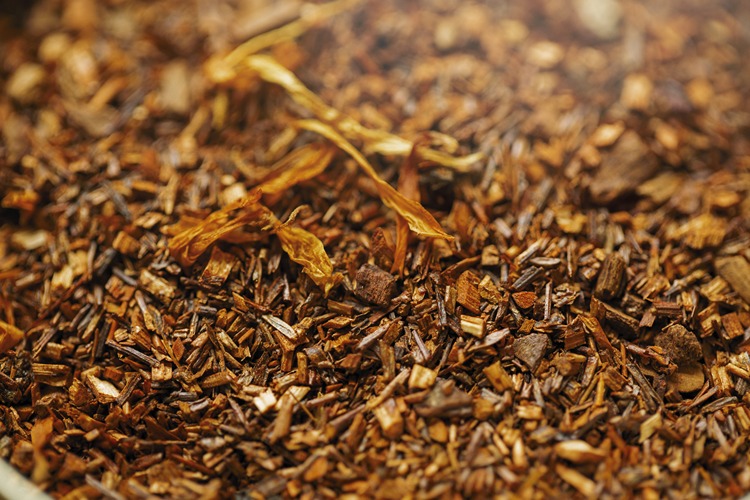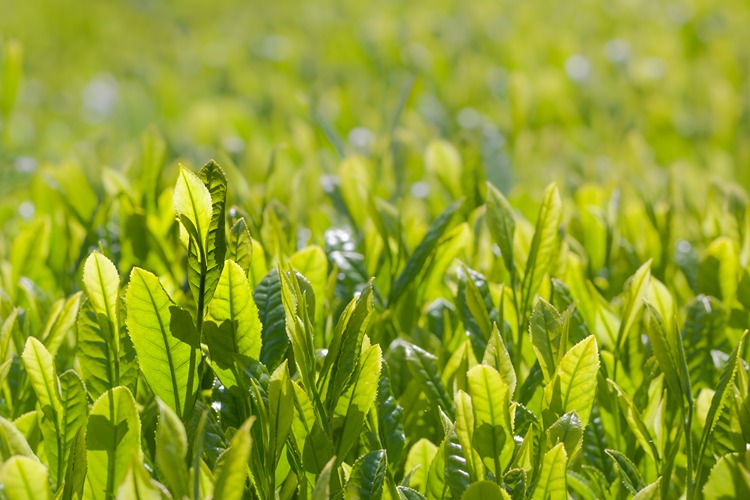When it comes to tea, most people are familiar with popular varieties like black tea and green tea. However, there’s another type of tea that often goes unnoticed but packs a powerful punch in terms of health benefits – white tea. Renowned for its delicate flavor and subtle aroma, white tea is more than just a pleasant beverage. In this comprehensive guide, we will explore the origins of white tea, its unique characteristics, the antioxidant benefits it offers, the various health advantages, how to brew and enjoy it, and answer frequently asked questions. Join us on this journey to uncover the antioxidant power of white tea and discover the many reasons to make it a part of your daily routine.
What is White Tea?
The Origins of White Tea
White tea has a rich history that dates back thousands of years. Originating in China, it was initially reserved for emperors and enjoyed for its exquisite taste and medicinal properties. Today, white tea is produced in various regions around the world, including China, India, Sri Lanka, and Nepal.
The Unique Characteristics of White Tea
What sets white tea apart from other types of tea is its minimal processing. White tea is made from the delicate young buds and leaves of the Camellia sinensis plant, which are carefully handpicked and gently dried. Unlike black and green teas, white tea undergoes minimal oxidation, preserving its natural color, flavor, and the highest concentration of antioxidants.
The Antioxidant Benefits of White Tea
Understanding Antioxidants and Free Radicals
Antioxidants are compounds that help protect the body from harmful molecules called free radicals. Free radicals can damage cells and contribute to various health issues, including aging, chronic diseases, and cancer. Consuming foods and beverages rich in antioxidants, like white tea, can help neutralize free radicals and promote overall health.
Exploring the Antioxidant Content of White Tea
White tea is revered for its exceptional antioxidant content, which surpasses that of other types of tea. It contains a high concentration of polyphenols, including catechins and flavonoids, which have potent antioxidant and anti-inflammatory properties. These antioxidants help fight oxidative stress, reduce inflammation, and protect against cellular damage.
The Health Benefits of White Tea
Promotes Heart Health
Regular consumption of white tea has been linked to improved heart health. The antioxidants in white tea may help reduce the risk of heart disease by preventing the oxidation of LDL cholesterol, lowering blood pressure, and improving blood vessel function. White tea’s natural compounds support cardiovascular well-being and promote a healthy heart.
Supports Healthy Skin
White tea is often lauded for its skin-nourishing properties. The antioxidants present in white tea help protect the skin from oxidative stress caused by environmental factors and UV radiation. They can also assist in maintaining skin elasticity, reducing the appearance of fine lines and wrinkles, and promoting a youthful complexion.
Boosts Immune System
White tea’s potent antioxidants play a crucial role in supporting a healthy immune system. By neutralizing free radicals and reducing inflammation, white tea helps strengthen the body’s natural defense mechanisms. Regular consumption of white tea may enhance immune function and help protect against common illnesses and infections.
Aids in Weight Management
For those striving to maintain a healthy weight, white tea can be a valuable addition to their diet. The combination of caffeine and antioxidants in white tea may help boost metabolism, increase fat oxidation, and promote weight loss. However, it’s important to note that white tea alone cannot replace a balanced diet and regular exercise.
May Help Prevent Cancer
While further research is needed, initial studies suggest that the antioxidants found in white tea may have cancer-preventive properties. The polyphenols in white tea have been shown to inhibit the growth of cancer cells, reduce the risk of certain cancers, and potentially protect against the damaging effects of carcinogens. It’s important to remember that white tea should not be considered a substitute for medical treatment or advice.
How to Brew and Enjoy White Tea
Choosing High-Quality White Tea
When selecting white tea, opt for loose-leaf varieties that consist of whole, unbroken buds and leaves. This ensures the highest quality and allows the tea to unfurl properly during brewing. Look for organic and sustainably sourced white tea to ensure a pure and wholesome experience.
Proper Brewing Techniques
To extract the full flavor and benefits of white tea, follow these brewing techniques:
- Boil fresh, filtered water and let it cool for a few minutes.
- Place approximately one tablespoon of white tea leaves in a teapot or infuser.
- Pour the hot water over the tea leaves.
- Allow the tea to steep for about 2-3 minutes, or longer if desired.
- Strain the tea or remove the infuser.
- Sip and savor the delicate flavors and aromas of white tea.
Remember, the brewing time and water temperature can be adjusted based on personal preference. Experiment to find the perfect balance that suits your taste.
FAQs about White Tea
Q: Does white tea contain caffeine?
A: Yes, white tea contains a moderate amount of caffeine. However, the caffeine content in white tea is generally lower than that of black tea and coffee. It provides a gentle energy boost without the jitters often associated with stronger caffeinated beverages.
Q: Can white tea be enjoyed with milk or sweeteners?
A: It is generally recommended to enjoy white tea without milk or sweeteners. Adding milk can overpower the delicate flavors, and sweeteners may mask the natural sweetness of the tea. However, personal preference should always be considered, and you may experiment to find your preferred way of enjoying white tea.
Q: Is white tea safe for everyone to consume?
A: While white tea is considered safe for most individuals, it’s advisable to consult with a healthcare professional if you have specific health concerns or are taking medications. Additionally, individuals with caffeine sensitivity or allergies to tea should exercise caution and consume white tea in moderation.
Additional Resources
- Camellia Sinensis Research Association: The Camellia Sinensis Research Association is a valuable resource for information on tea, including white tea. Visit their website at www.camellia-sinensis.com to explore the latest research, articles, and tea-related topics.
- Harvard School of Public Health: The Harvard School of Public Health provides evidence-based information on nutrition, health, and lifestyle. Visit their website at www.hsph.harvard.edu to access articles and resources on the health benefits of tea, including white tea.
- Mayo Clinic: The Mayo Clinic offers reliable medical information and insights. Visit their website at www.mayoclinic.org for expert advice on tea and its potential health benefits, including white tea.





